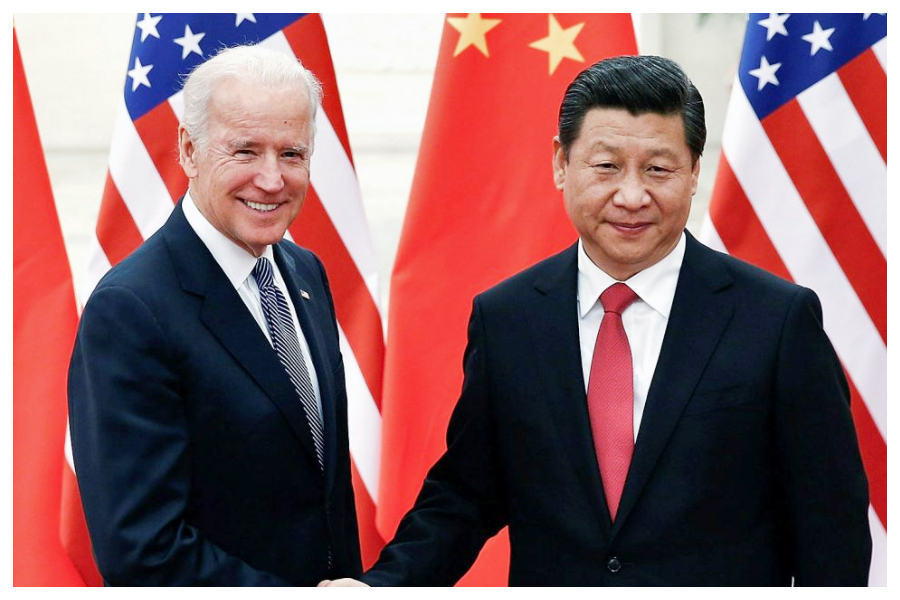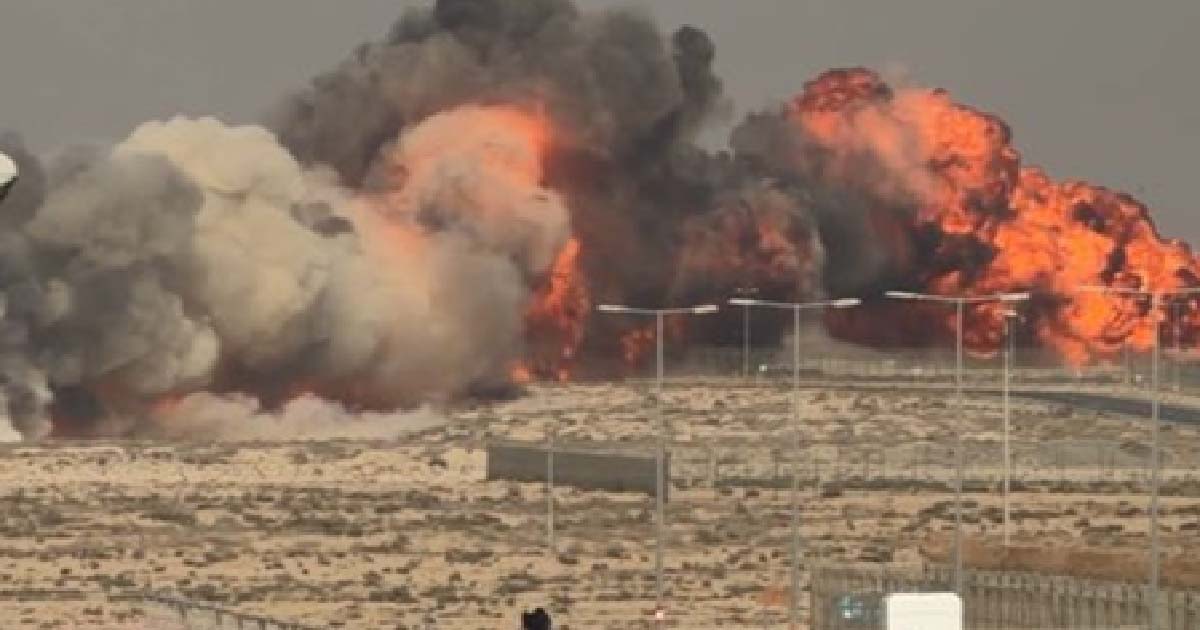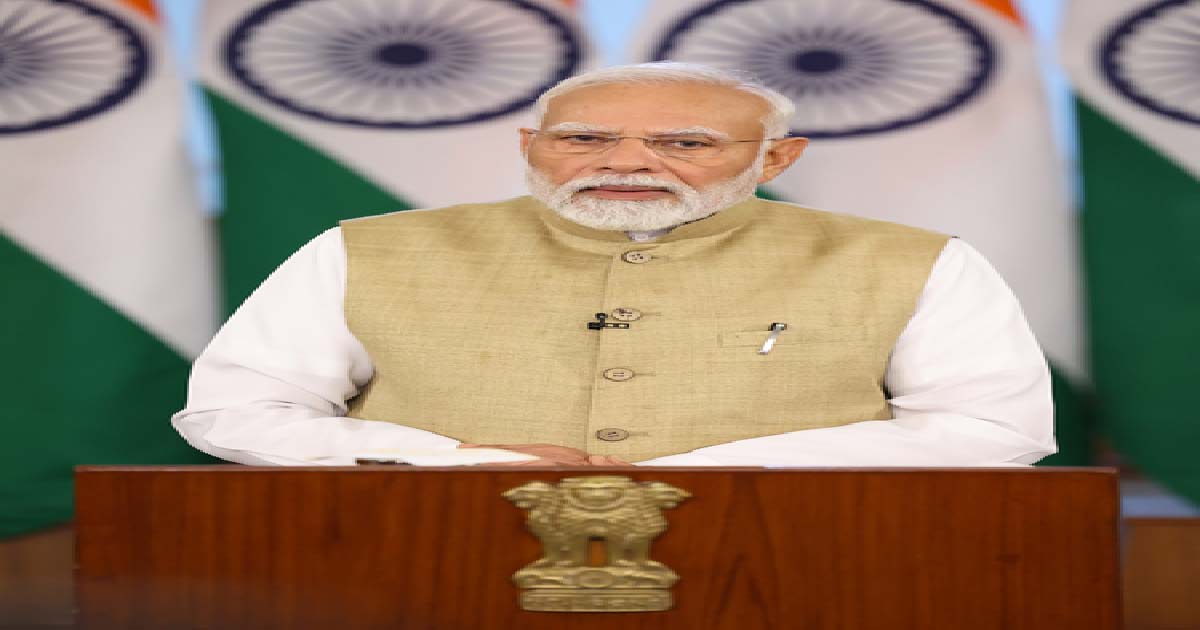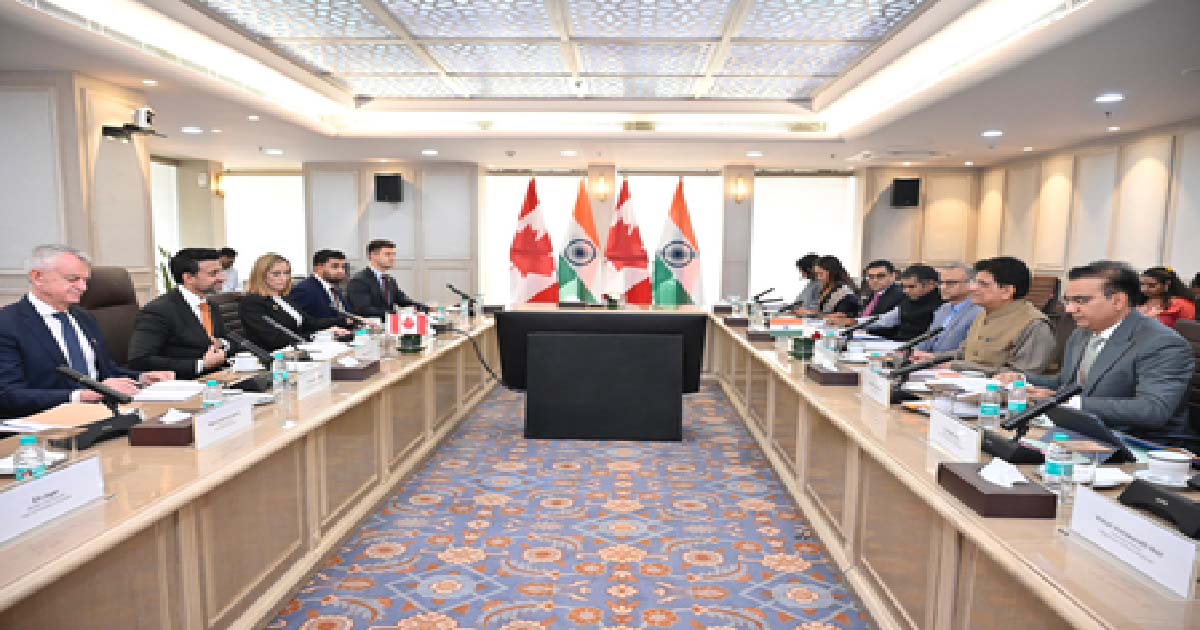International News
US and China call for direct talks between India-Pak after missile incident

The US and China have urged India and Pakistan to hold direct talks for reducing tensions between the two nuclear-armed nations following the inadvertent firing of a missile on March 9, Dawn reported.
“We continue to support direct dialogue between India and Pakistan on issues of concern,” a US State Department official said on Monday when asked if Washington would urge India and Pakistan to hold direct talks on the recent missile incident and other issues.
Also on Monday, a spokesperson for China’s Foreign Ministry supported Pakistan’s demand for a joint probe into the incident and emphasised the need for direct talks between the two neighbours on all issues, Dawn news reported.
“We called on relevant countries to have dialogue and communication as soon as possible and launch a thorough investigation into this incident,” spokesman Zhao Lijian told reporters in Beijing.
He also urged India and Pakistan to “strengthen information sharing and establish a notification mechanism in time to avoid the recurrence of such incidents and to prevent miscalculation”.
The Chinese official said that Pakistan and India were “both important countries in South Asia, bearing responsibilities for maintaining regional security and stability”.
Pakistan has said that it was not satisfied with New Delhi’s “simplistic explanation” and demanded a joint probe to establish the facts surrounding the incident.
According to India’s Defence Ministry, in the course of a routine maintenance on March 9, a technical malfunction led to the accidental firing of a missile.
It was only later learnt that the missile had landed inside the territory of Pakistan.
International News
Tejas crashes at Dubai Air Show: IAF regrets ‘loss of life’

New Delhi, Nov 21: In a tragic incident, an Indian Air Force Tejas fighter jet crashed during a demonstration at the Dubai Air Show on Friday, and the pilot lost his life.
Taking it to X, IAF said, “An IAF Tejas aircraft met with an accident during an aerial display at Dubai Air Show, today. The pilot sustained fatal injuries in the accident. IAF deeply regrets the loss of life and stands firmly with the bereaved family in this time of grief.”
It further added that, “A court of inquiry is being constituted to ascertain the cause of the accident.”
The crash occurred during the biennial Dubai Air Show, one of the world’s largest aviation exhibitions. The event has seen major announcements this week.
Notably, this is the second crash involving a Tejas aircraft, the first one being in 2024 near Jaisalmer.
In March 2024, a Tejas fighter went down in Rajasthan’s Jaisalmer, the first such accident in the aircraft’s 23-year history since its maiden test flight in 2001. The pilot ejected safely in that case.
LCA Tejas is a 4.5-generation, all-weather and multi-role fighter aircraft. The aircraft is designed to be a multi-role aircraft capable of taking up offensive air support, close combat and ground attack roles at ease.
It is also designed to undertake ground maritime operations.
At the Dubai Air Show, India and Germany, on November 19, revived high-technology defence collaboration after nearly three decades, with Hindustan Aeronautics Limited (HAL) signing a landmark contract with German state-backed sensor major HENSOLDT.
The pact, finalised on Day 3 of the event, focuses on the joint development of a cutting-edge LiDAR-based Obstacle Avoidance System (OAS) for Indian military helicopters. This breakthrough has already generated significant buzz across global aerospace circles.
The deal for this LiDAR-based Obstacle Avoidance System (OAS), signed by Indian DPSU Hindustan Aeronautics Limited (HAL) and German government-backed HENSOLDT, marks a significant return to high-technology cooperation after earlier partnerships in aerospace and maritime programmes.
International News
‘My thoughts with those who lost loved ones’: PM Modi on Saudi bus accident

New Delhi, Nov 17: Prime Minister Narendra Modi on Monday expressed deep sadness over the loss of lives in the Saudi Arabia bus accident involving several Indian Umrah pilgrims and prayed for the swift recovery of the injured.
A passenger bus carrying several Indian Umrah pilgrims collided with a diesel tanker early Monday morning near Medina, the Indian mission in Jeddah confirmed.
In a post on X, PM Modi said, “Deeply saddened by the accident in Medinah involving Indian nationals. My thoughts are with the families who have lost their loved ones. I pray for the swift recovery of all those injured.”
“Our Embassy in Riyadh and Consulate in Jeddah are providing all possible assistance. Our officials are also in close contact with Saudi Arabian authorities,” he added.
In the wake of the accident, the Consulate General of India in Jeddah has set up a 24/7 control room and released helpline numbers for those seeking assistance.
Preliminary unconfirmed media reports indicate that most of the pilgrims are from Hyderabad. Given the intensity of the explosion caused by the collision, casualties are feared.
According to unconfirmed media reports, the bus was travelling from Mecca to Medina, with pilgrims heading to the holy city after completing their rituals in Mecca. All passengers were reportedly asleep when the crash occurred.
Rescue operations are underway, and local residents have rushed to the scene to assist those severely injured. The exact number of casualties has not yet been officially confirmed.
Further updates are awaited.
Telangana Chief Minister A. Revanth Reddy also condoled the loss of lives in the horrific accident involving a bus carrying Indian pilgrims in Saudi Arabia.
The state government has also set up a control room in Hyderabad to provide information and assistance to the families of the accident victims.
Business
India, Canada discuss ways to boost bilateral trade, promote investments

New Delhi, Nov 13: Commerce and Industry Minister Piyush Goyal and Maninder Sidhu, Canada’s Minister of International Trade, discussed ways to further boost bilateral trade and promote investments, it was announced on Thursday.
Sidhu is in India to find opportunities to advance trade and investment linkages between the two nations.
“It was a pleasure to co-chair the 7th India-Canada Ministerial Dialogue on Trade and Investment as part of the New Roadmap 2025 along with @MSidhuLiberal, Canada’s Minister of International Trade,” Goyal posted on the X social media platform.
The minister further stated that they discussed “avenues to strengthen bilateral trade, promote investments and deepen cooperation between our countries”.
During his India visit, Sidhu is set to promote Canada’s commitment to supporting and growing the well-established commercial ties shared by Canada and India, including artificial intelligence, clean technology and digital industries, and explore new opportunities for partnerships that benefit workers and businesses in both countries.
“This visit to India will reinforce Canada’s commitment to diversifying our trade relationships and attracting new investment,” an official statement quoting Sidhu said. “As one of the fastest-growing major economies, India offers significant opportunities for Canadian businesses and workers. Our commercial ties continue to expand — bilateral trade surpassed $30 billion in 2024 — and there is even greater potential ahead,” the statement added.
India is a key partner as Canada strengthens its economic links in the Indo-Pacific region under a comprehensive strategy for the region. In 2024, India was Canada’s seventh-largest goods and services trading partner, with two-way trade valued at $30.9 billion.
Meanwhile, External Affairs Minister (EAM) S. Jaishankar and his Canadian counterpart, Anita Anand, held discussions on strengthening cooperation across key sectors, including trade, energy and security. Both leaders met on the sidelines of the G7 Foreign Ministers’ Meeting in Niagara.
EAM Jaishankar also praised the progress made under the New Roadmap 2025, aimed at enhancing bilateral ties between India and Canada and expressed hope for rebuilding a stronger partnership.
-

 Crime3 years ago
Crime3 years agoClass 10 student jumps to death in Jaipur
-

 Maharashtra1 year ago
Maharashtra1 year agoMumbai Local Train Update: Central Railway’s New Timetable Comes Into Effect; Check Full List Of Revised Timings & Stations
-

 Maharashtra1 year ago
Maharashtra1 year agoMumbai To Go Toll-Free Tonight! Maharashtra Govt Announces Complete Toll Waiver For Light Motor Vehicles At All 5 Entry Points Of City
-

 Maharashtra1 year ago
Maharashtra1 year agoFalse photo of Imtiaz Jaleel’s rally, exposing the fooling conspiracy
-

 National News1 year ago
National News1 year agoMinistry of Railways rolls out Special Drive 4.0 with focus on digitisation, cleanliness, inclusiveness and grievance redressal
-

 Maharashtra1 year ago
Maharashtra1 year agoMaharashtra Elections 2024: Mumbai Metro & BEST Services Extended Till Midnight On Voting Day
-

 National News1 year ago
National News1 year agoJ&K: 4 Jawans Killed, 28 Injured After Bus Carrying BSF Personnel For Poll Duty Falls Into Gorge In Budgam; Terrifying Visuals Surface
-

 Crime1 year ago
Crime1 year agoBaba Siddique Murder: Mumbai Police Unable To Get Lawrence Bishnoi Custody Due To Home Ministry Order, Says Report












